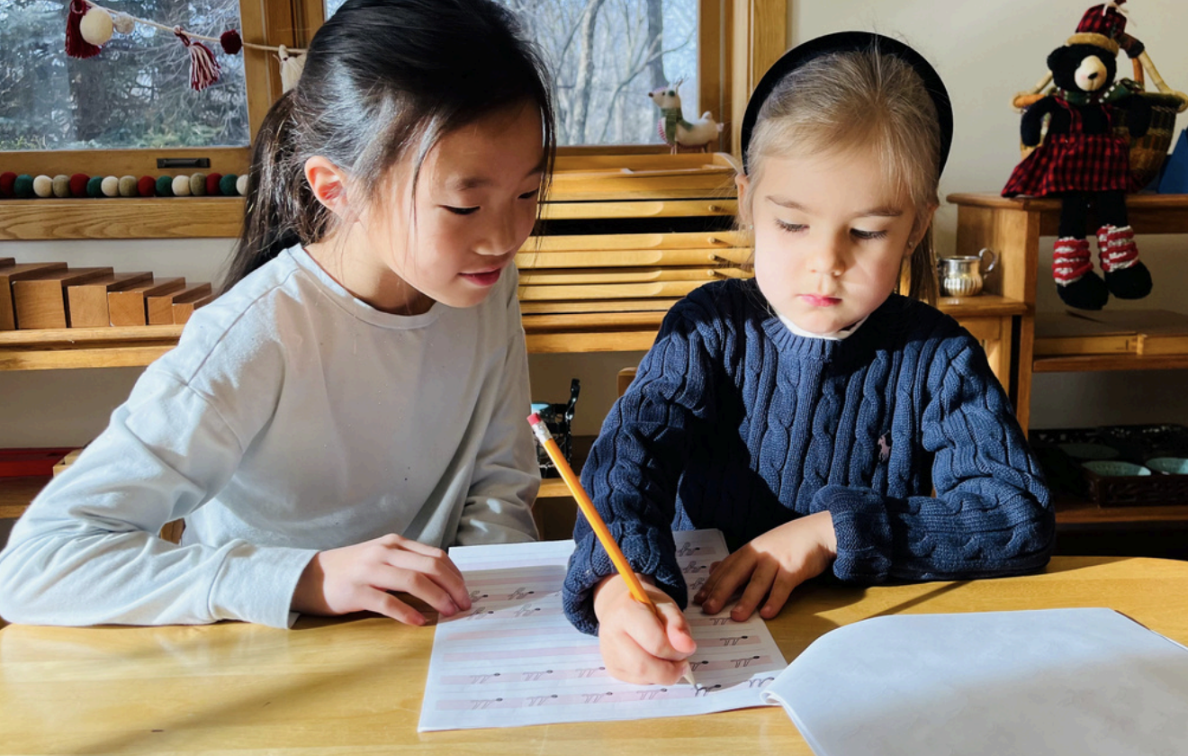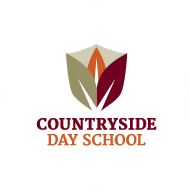As parents, we naturally want to ensure our children are socially engaged and surrounded by peers. So when the kindergarten group begins to feel “too small,” it’s understandable that some families start to worry. But in Montessori—and particularly in a small, nurturing school community like ours—this year is about something much deeper than numbers. It’s about the powerful, internal work a child is ready to do, and the confidence they build when given the time and space to truly grow.
The final year of the Primary cycle (ages 3–6) is the culmination of everything that came before. It’s when the foundation of independence, focus, and internal motivation starts to take full form. The misunderstanding we sometimes see is this: that children grow before kindergarten and are simply ready to move on. In truth, it’s this third year when the real transformation happens—when the child begins to see themselves not only as a learner, but as a leader and contributor in the classroom.
As we prepare to celebrate this year’s Kindergarten and 6th grade students—the children completing their final years in Primary and Elementary—we are reminded of just how meaningful these milestone
years truly are. They are not endpoints, but springboards. They represent years of steady growth, nurtured in an environment where each child is known, supported, and trusted to unfold in their own time.
Yes, friends matter. But friendships at this age are often fluid. Children move in and out of social connections quickly, and the size of the peer group is rarely the defining factor in a child’s happiness. What does last is a child’s sense of self. A child who has been nurtured in a calm, consistent, and responsive environment—where they feel seen, heard, and trusted—develops an inner confidence that they carry into every new classroom, from small schools to large.
This self-construction is not something that can be rushed. It is the very purpose of the kindergarten year. When a child is allowed to remain in an environment they already know —where expectations are clear, routines are familiar, and they feel a sense of mastery—they are freed up to do their most courageous work: to speak up for themselves, to help others, to lead, and to learn not just what to do, but who they are.
I’ve watched many children over the years blossom during this important final year in the Primary classroom. And I’ve also watched them transition seamlessly into Elementary, prepared not just
academically, but emotionally and socially, because they were given the gift of completing their Primary cycle.
If we give our children the chance to become deeply rooted in themselves, they will be ready for any transition ahead—big school or small.



Leave a Comment